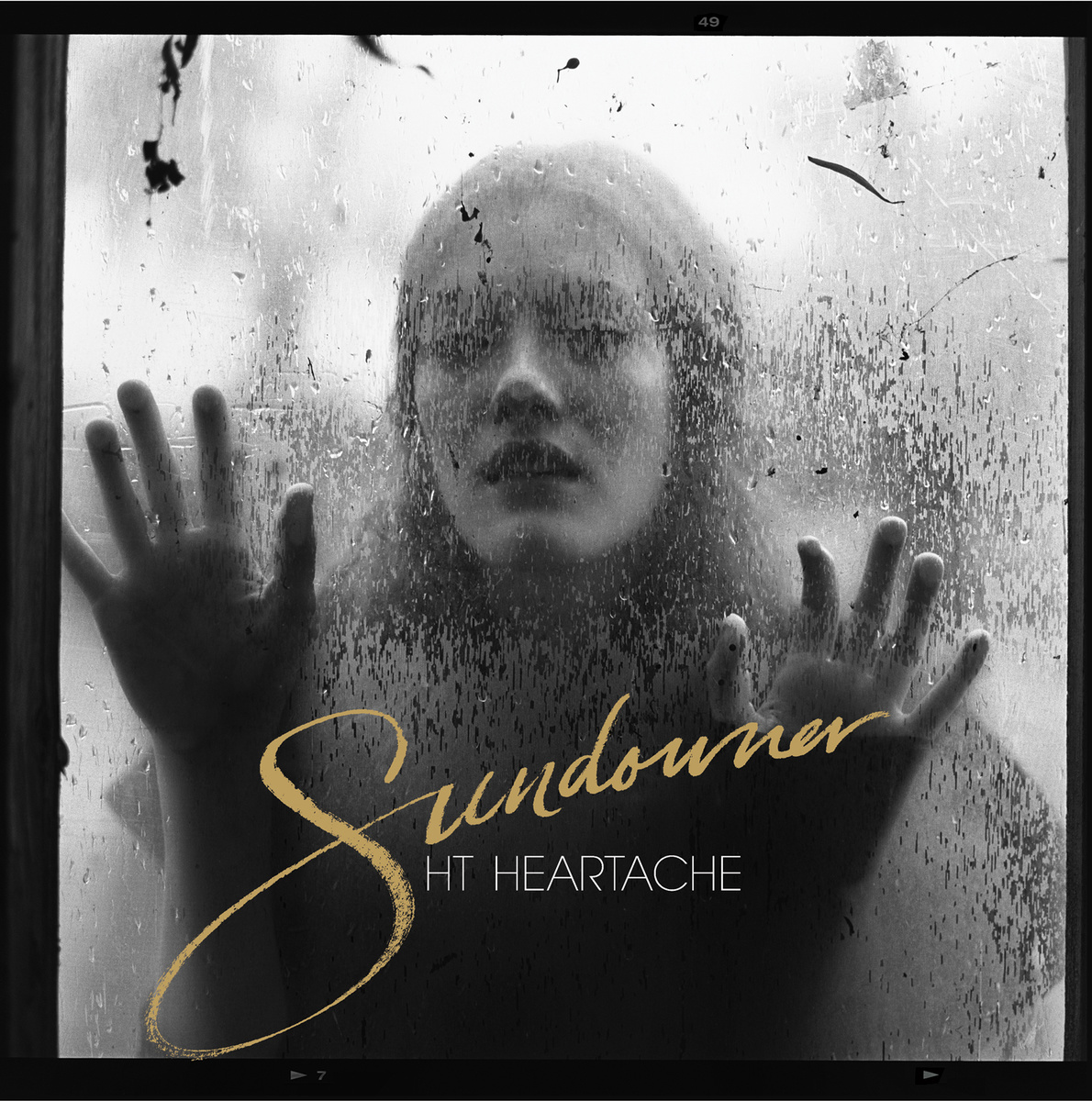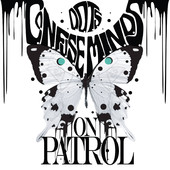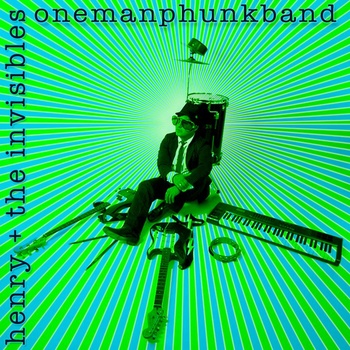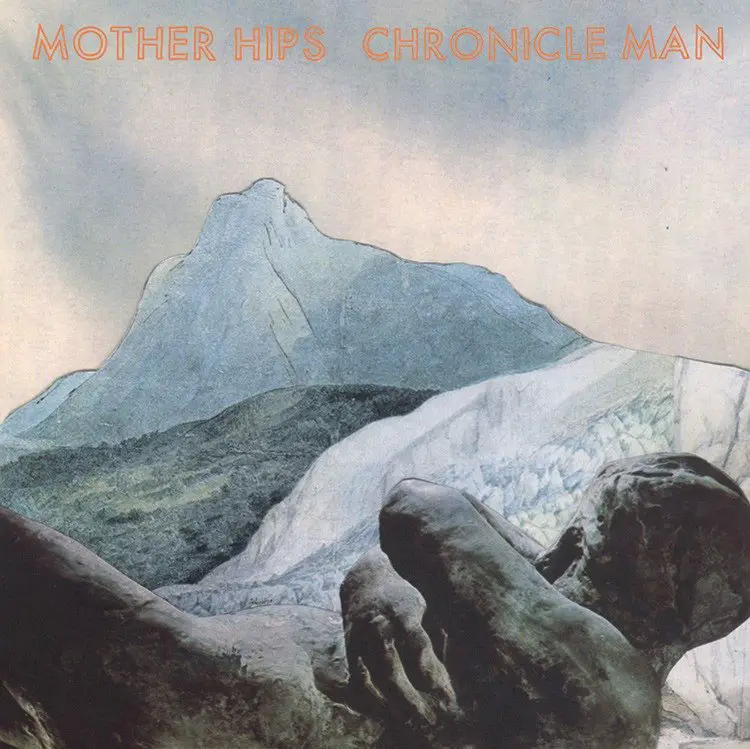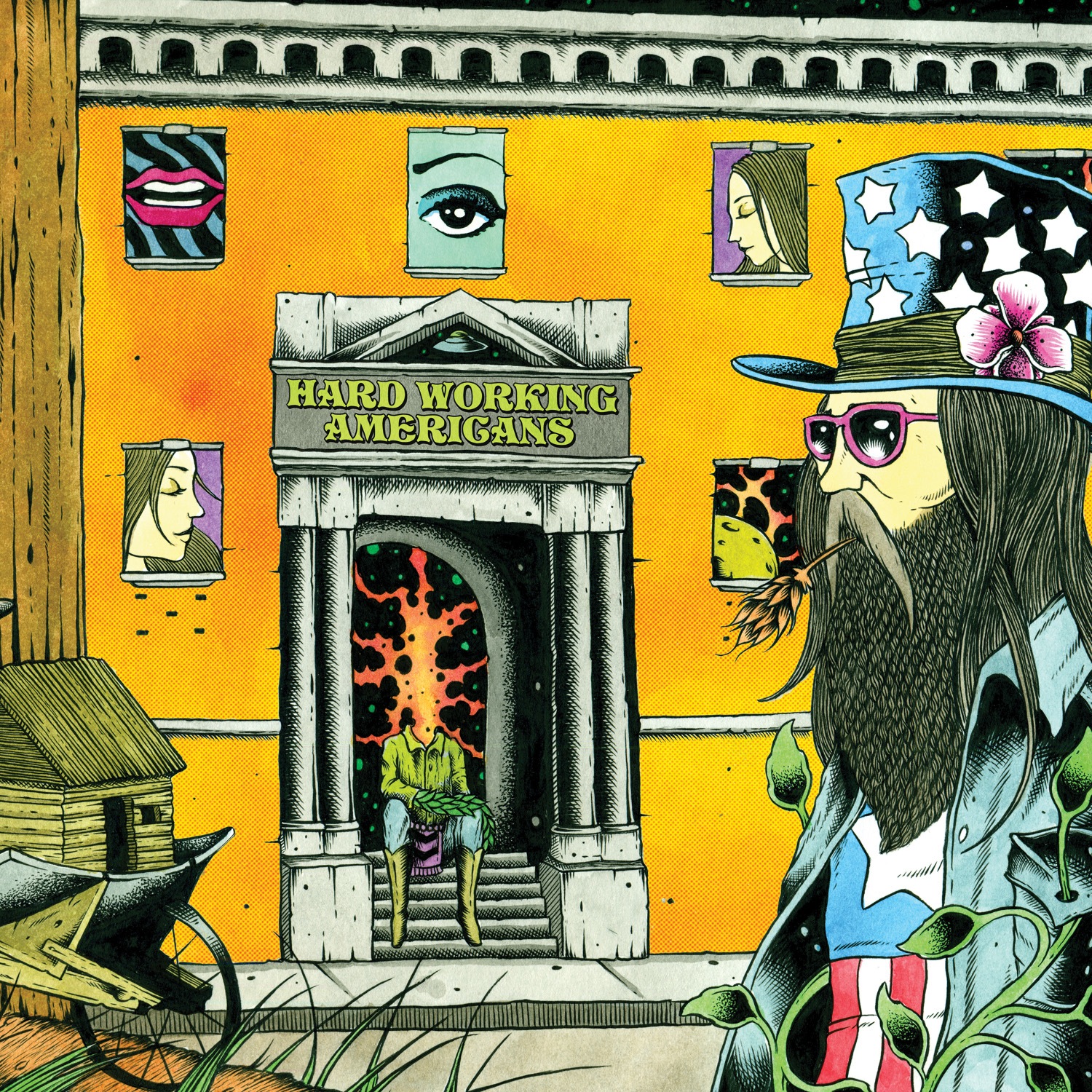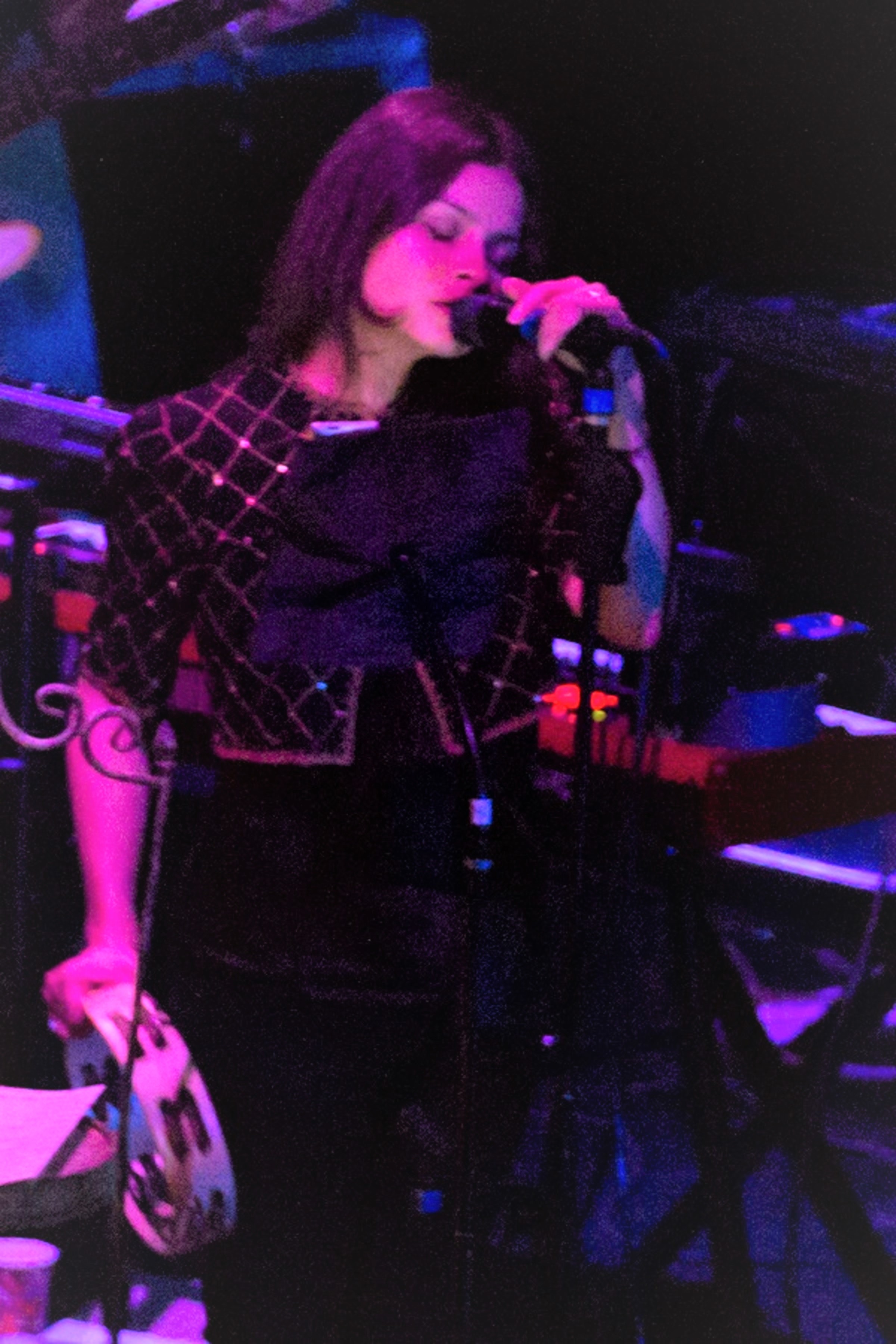With TAUK, it's best to ignore the foursome's wordy pandering (We really wanted this new album to be a statement... Homunculus has everything to do with how we as humans interpret ourselves and our surroundings. It acknowledges the inherent duality that exists between our mental and physical beings and to me that's where it relates to our creative process... Cool, Zhongfeng, now enough with the koans, please) and just listen to the music. Yes, these fellows are formally trained one-and-all. Yes, they're quietly and quickly becoming New York darlings. Still, ignore it; just listen to the music.
Homunculus is an instrumental jam-fusion offering from start to finish. Regardless, the beast is wholly lyrical in delivery; she breathes and speaks, Coltrane jazz on a fine kick.
The album starts off quiet, all crackle and low hum. Then, next second before you know, it’s right there in the mix. And jamming. And real, real good. Without a doubt, the first notes of “Dead Signal” boot up like an STS9 joint, replete with all the soul and pulsing heartbeat of those live-improvised outerspace dub-dwellers and packed in just as tight. I enjoyed.
The mood set in the opener, TAUK proceeds to roll in the hay and the hills and the heavens through the heart of the record. “Afro-Tonic” sways about in namesake pentatonic before resetting, growing again, and emerging with a full-built rip-roar that, for lack of a better description, feels like you’re climbing to the Bob-omb Summit in Super Mario with Phish for your first time. The original of a couple likeminded tracks, “Hello Narwhal” introduces itself with a heavy Sabbath riff before devolving into meandering supermarket jazz for a stretch of the breaks. Near the song’s end, TAUK gives a taste of its drug of choice with this little guitar riff (barely twenty seconds) that just gets to me, hits with poignancy in the controlled-chaotic swirl. The moment’s one of a few on the album, probably a couple minutes at most over the entirety of the set, but the emotion in those little notes carries far more weight than any orchestrated symphony ever could. “The Spot” seeps melancholy for a switch, theme music for lost souls. When it does, it picks up with a Mountain hook, organs and matching-minor guitars spacing the void so fluently, and yet so out of touch. The movement returns to earth with a piano breakdown at the end, hip as hell like an early RJD2 groove and peaking as if it’s the finale to an old Baretta episode – Dirty Harry riff-raff, straight in the wrong decade. The magic Soul Train keeps rolling with “The Chemist” and sounds like an 8-bit trip with Foxy Brown as conductor – another old-school lick, another electric explosion; then jump right back in the game and cycle her over again – good chemistry, indeed. An extra arcade-inspired level follows: “Dirty Mouth” breaks its beat with a commanding bass line underneath phasing chords and echoing crunchy riffs. Absolutely showing my inner nerd, but this is what should have been bumping wandering around the seaside villages in Suikoden on the old Playstation.
The title of “Curtain Call” hints at this particular play’s coming end. It’s pretty and just as proficient as the priors, but we’re going down. By “Carpentino’s Rebirth”, the first signs of monotony are sneaking in; the song makes up for repeating what’s already come and gone with a frantic drum beat and sidewinding guitar, still apparently some energy to spare. “When In Doubt” is finally showing signs of a calm near the end of the set. It’s not bad, but the vehicle’s starting to run downhill, tank approaching empty. “In The Basement of the Alamo” finishes off with a couple lively death throes.
And then it’s over.

Sad as it is, TAUK’s biggest issue is their saving grace; they’re fine-tuned and mechanical, and they present themselves in the same vein. As is usually the case, it’s tiresome and borderline pretentious listening to the prodigies discussing their art. But the well-learned machine is the same one that’s entirely responsible for the taut lines and religious riffs throughout Homunculus, so we’ll cut the boys somewhat of a break. Track-to-track is a blessing; keys match when they should and go their own way in a dream. The problem, boiled down, TAUK wants to refine their image (as the young bucks tend to) as much as they do their sound; if they’d just leave it all to the music... there’s gold in them psychedelic hills, I tell ya.






